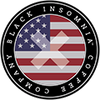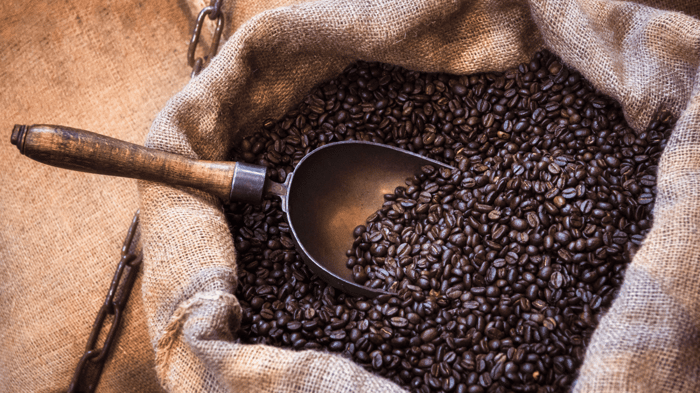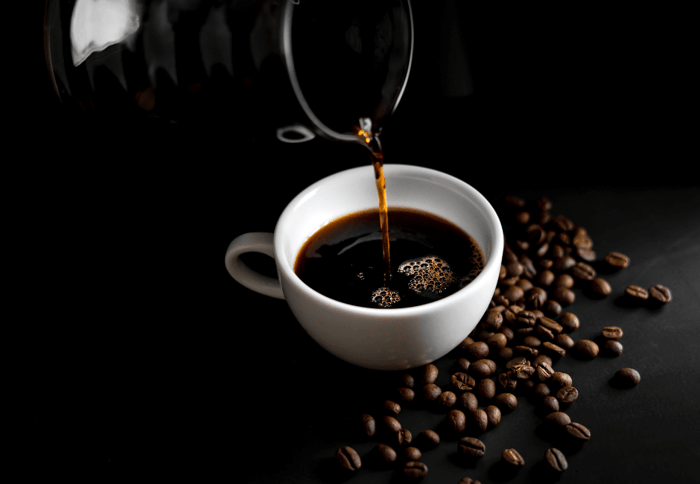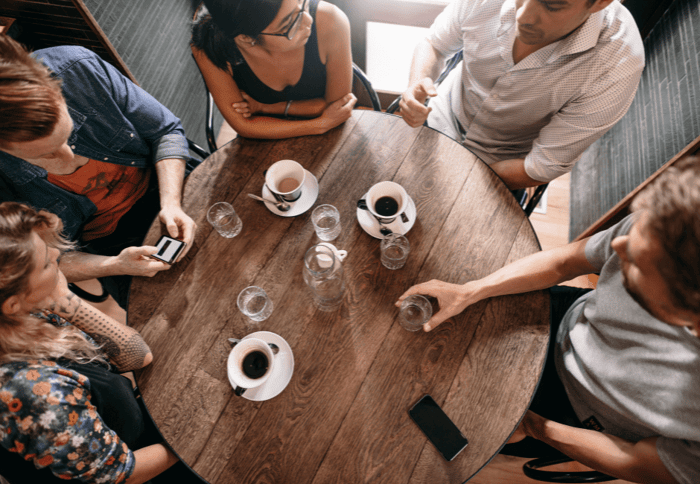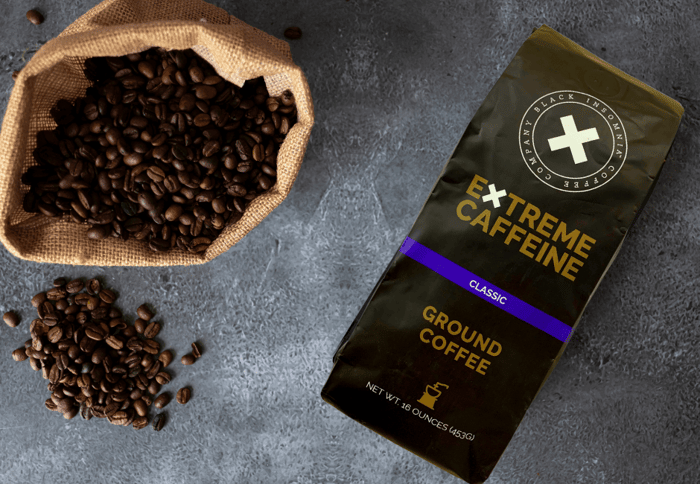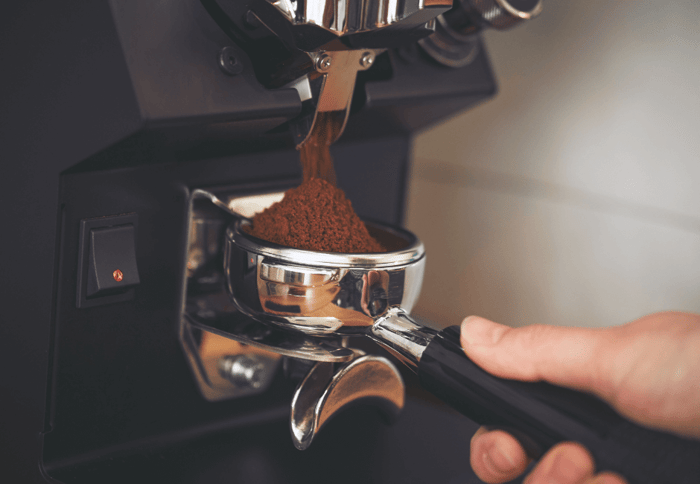Let's not drag this out: Yes, coffee beans are safe to eat.
They're just coffee, after all.
Sure, you may not enjoy the taste (they're pretty bitter—but no surprise there). And you should definitely keep track of how many you're eating if you're worried about going too hard on the caffeine for some reason.
But there's no need to worry about chowing down on some roasted coffee beans, unless you have a specific sensitivity or allergy (or are eating a ton of them). If there's already some reason you don't drink coffee when it's diluted with a bunch of water, probably not best to start chewing on the beans themselves.
What Do Coffee Beans Taste Like?
Now, I could just answer "coffee" to this question and move on… but that would be cheating.
However, to give an accurate answer... Well, it depends on what kind of coffee bean you're eating.
It's kind of like asking what "fruit" tastes like—it can vary quite a bit. Okay, maybe coffee doesn't have quite the same range of flavors as all seed-bearing produce, but there are still a lot of different directions that coffee bean flavors can go.
Let's just assume, for the sake of this discussion, that you're eating an Arabica coffee bean. Arabica coffee beans are known for being fairly mild in flavor. Some have notes of chocolate and nuts. So if you were to eat one of those beans, it would probably taste (subtly) like chocolate-covered nuts.
Other coffee bean varieties taste floral, “bright,” earthy, or even fruity. So, again, it really depends on the coffee bean you're eating.
Of course, there's a lot more to “coffee” than just the beans themselves. The roasting process, for example, can have a big impact on the flavor of the coffee beans. And the region where the coffee beans are grown also influences the flavor. Even the soil, the altitude, and the climate play their part in altering the flavor of coffee beans.
So, brass tacks: If you're curious about what coffee beans taste like, your best bet is to just buy a bag of the best tasting strongest coffee beans you can find and give them a try.
But be warned: all coffee beans are going to be pretty bitter—even for people who love coffee.
The important thing is, if you're expecting some type of coffee-flavored candy when you eat a coffee bean, you might be disappointed. (Of course, chocolate-covered coffee beans are a thing, and those can be quite delicious and candy-like.)
Why Would Someone Eat Coffee Beans?
Maybe you're not thinking about eating coffee beans, yourself. Maybe you're wondering why anyone would want to eat plain coffee beans in the first place. Can't they just brew a cup of black coffee and drink it like the rest of us normal folks?
Well, some people like the energy boost that comes from eating coffee beans. They say it’s similar to the caffeine kick you get from drinking a cup of brewed coffee, but the effects seem to be more immediate.
Whether that's actually true or not is up for debate, but there are definitely people who believe it.
Another reason people eat coffee beans is that they like the flavor of coffee. Crazy, right?
As mentioned, coffee beans can have a variety of different flavors depending on the type of bean and the roasting process. Some people enjoy the taste of coffee so much that the thought of eating the beans is appealing. And I don't disagree with them.
The strongest coffee beans can offer a pleasantly bitter taste, and, to some, that flavor and aftertaste may be one of the most delightful things about eating them.
That said… there may be better ways to enjoy the bold flavor of coffee beans than crunching on them like a ruminant animal.
Should I Eat Coffee Beans?
That's really up to you.
(Not the answer you were looking for? Fine…)
If you're looking for a quick energy boost, it might be a good option. It’s definitely “an option,” if nothing else.
And if you enjoy the great taste of coffee, you might find that snacking on the beans is a different, fun, and even delicious way to get your caffeine fix.
Just remember, like with anything else, moderation is key. Don't go overboard and eat a whole bag of coffee beans in one sitting. That's probably not going to end well.
The thing is, you may be good at gauging how much coffee you've consumed when it's brewed in a mug—but when it comes to eating the beans, all bets are off.
And obviously, if you have any specific sensitivities or allergies, it's probably best to avoid coffee beans altogether. Other than that, there's no need to worry about them being unsafe. Again, they're just coffee, after all.
If you're interested in trying coffee beans, definitely try ones that are roasted (rather than raw). I’d recommend trying the ones covered in chocolate. It helps to offset coffee's strong bitterness and make them far more palatable in bean form.
So go ahead and give coffee beans a try. Just remember to enjoy them in moderation, and to try a strong, high-quality coffee for the best-tasting experience.
